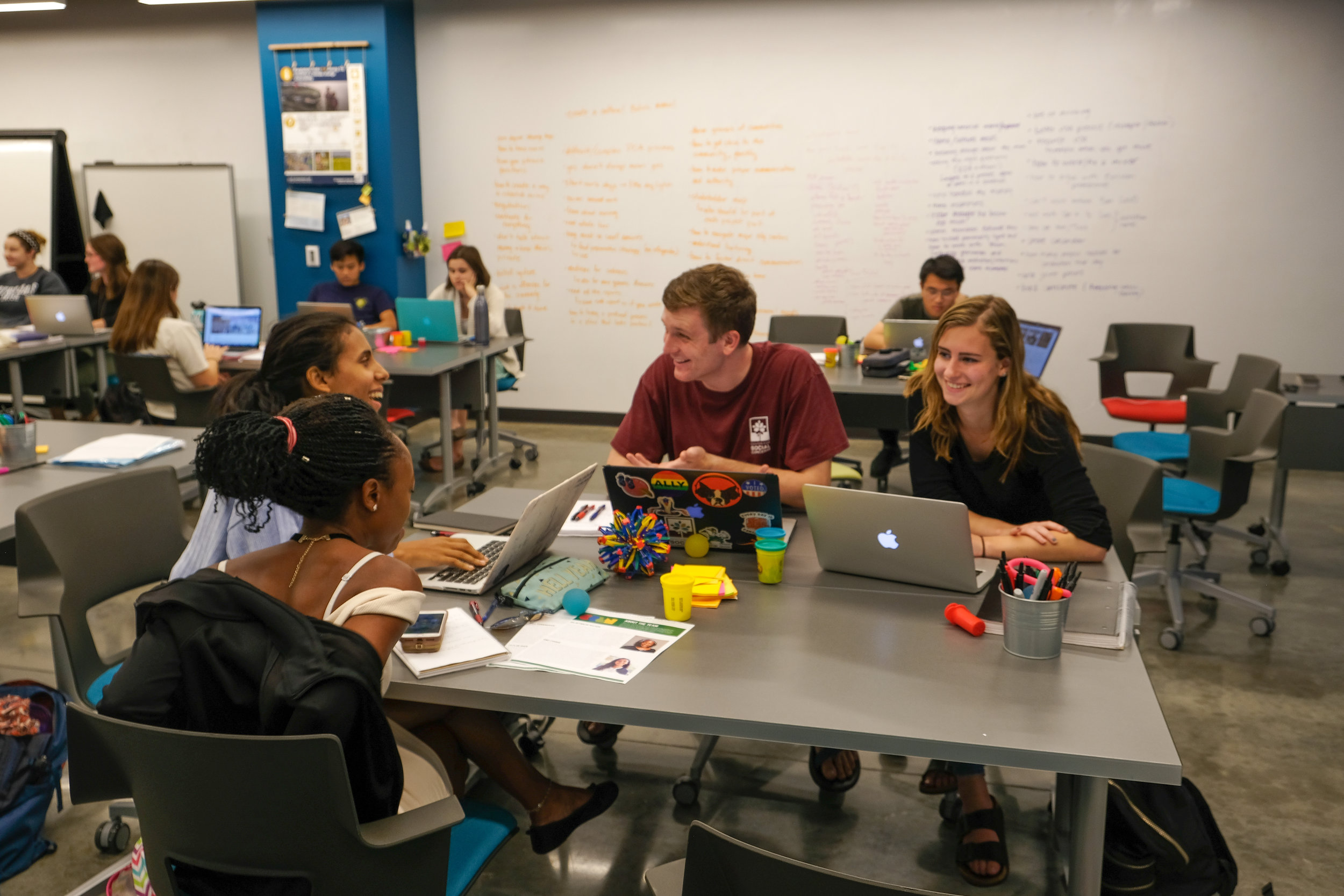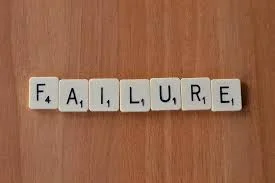





What works in development?
What works in development?
Welcome!
I'm enthusiastic to teach at Notre Dame's new Keough School of Global Affairs, bringing creative processes to address complex international development challenges. I'm now working with Notre Dame Civil Engineer Professor Tracy Kijewski-Correa in the Integration Lab (i-Lab) at the Keough School.
Many of the ideas for the development of the i-Lab come from Tracy's and my experiences over the past years with Notre Dame undergraduate students. Inside and out of the classroom, we have both engaged students, working on teams, with partner organizations on real world development problems.
This blog tracks my work with undergraduates over the past years, and primarily highlights different versions of my undergraduate classes on International Development in Practice. The purpose of this blog is to provide a history of the partnerships with over 20 international organizations, as well as to inform prospective and current students, educators and anybody else who is interested in this type of experiential learning pedagogy. On this blog, you will find details on:
Course content and pedagogy
Student projects
Student reflections
Please feel free to get in touch.
Steve Reifenberg, sreifenb@nd.edu
Associate Professor of the Practice of International Development and Co-director of the Integration Lab (i-Lab);
Senior Strategic Advisor and Faculty Fellow of the Kellogg Institute for International Studies at the University of Notre Dame
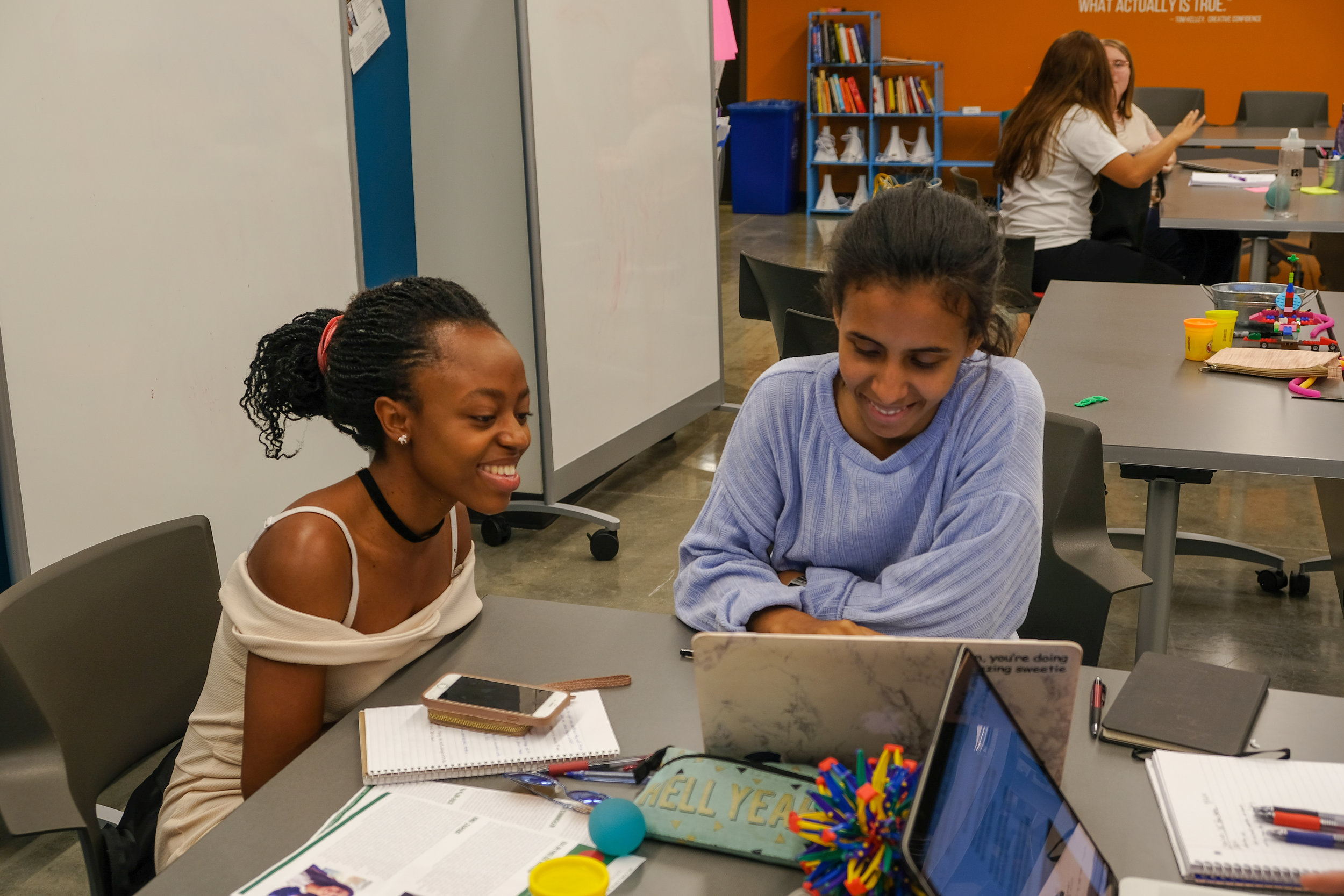
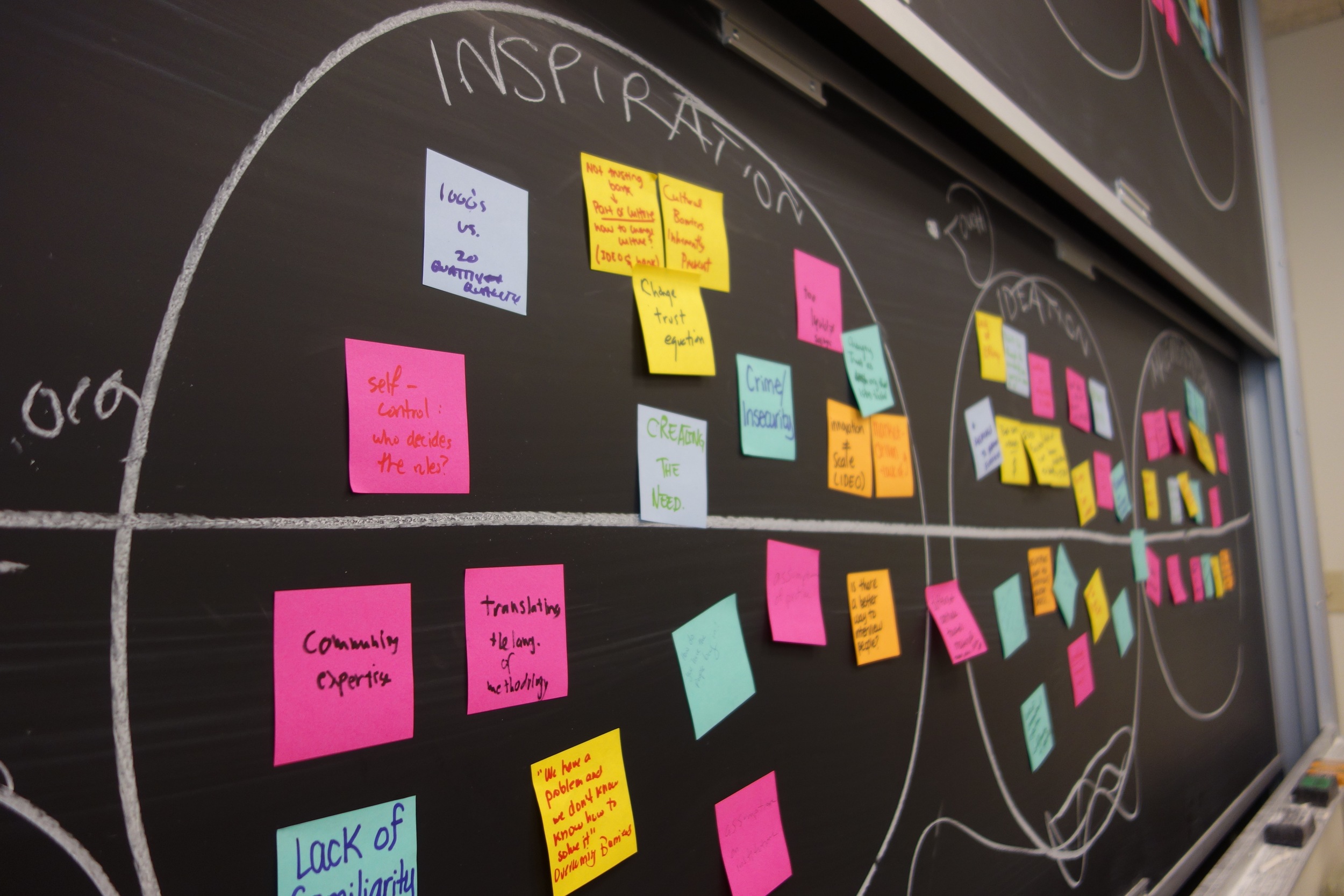
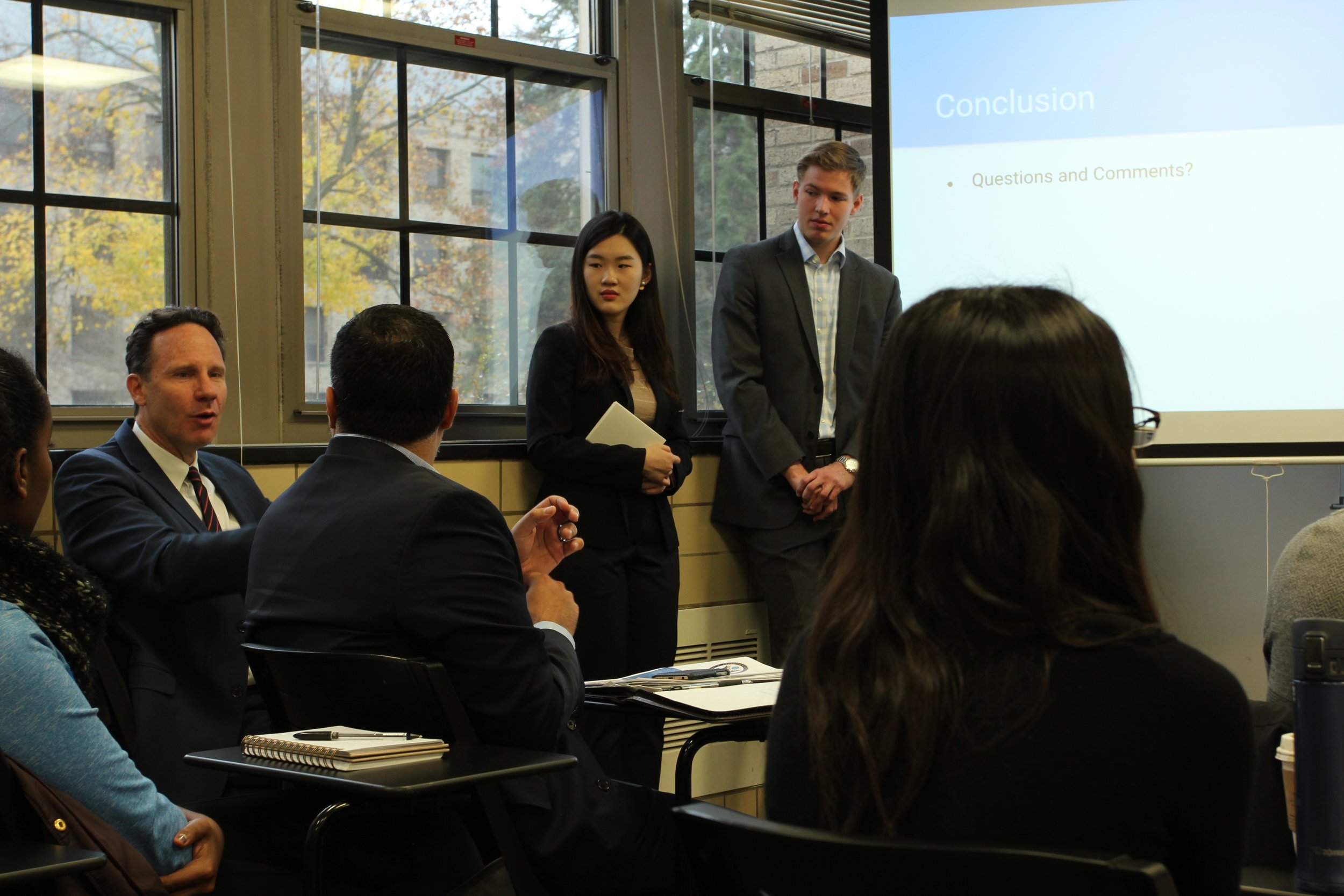
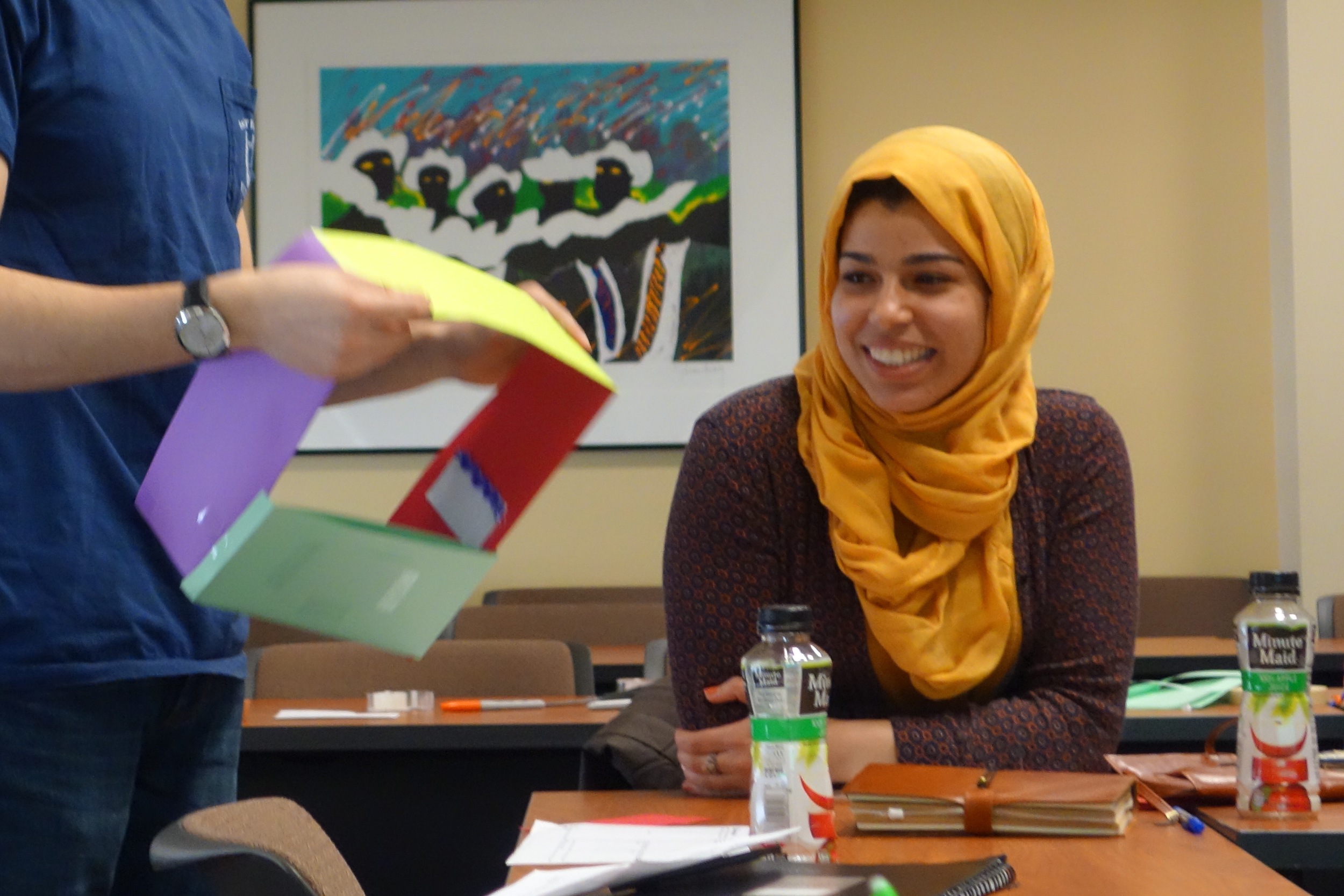

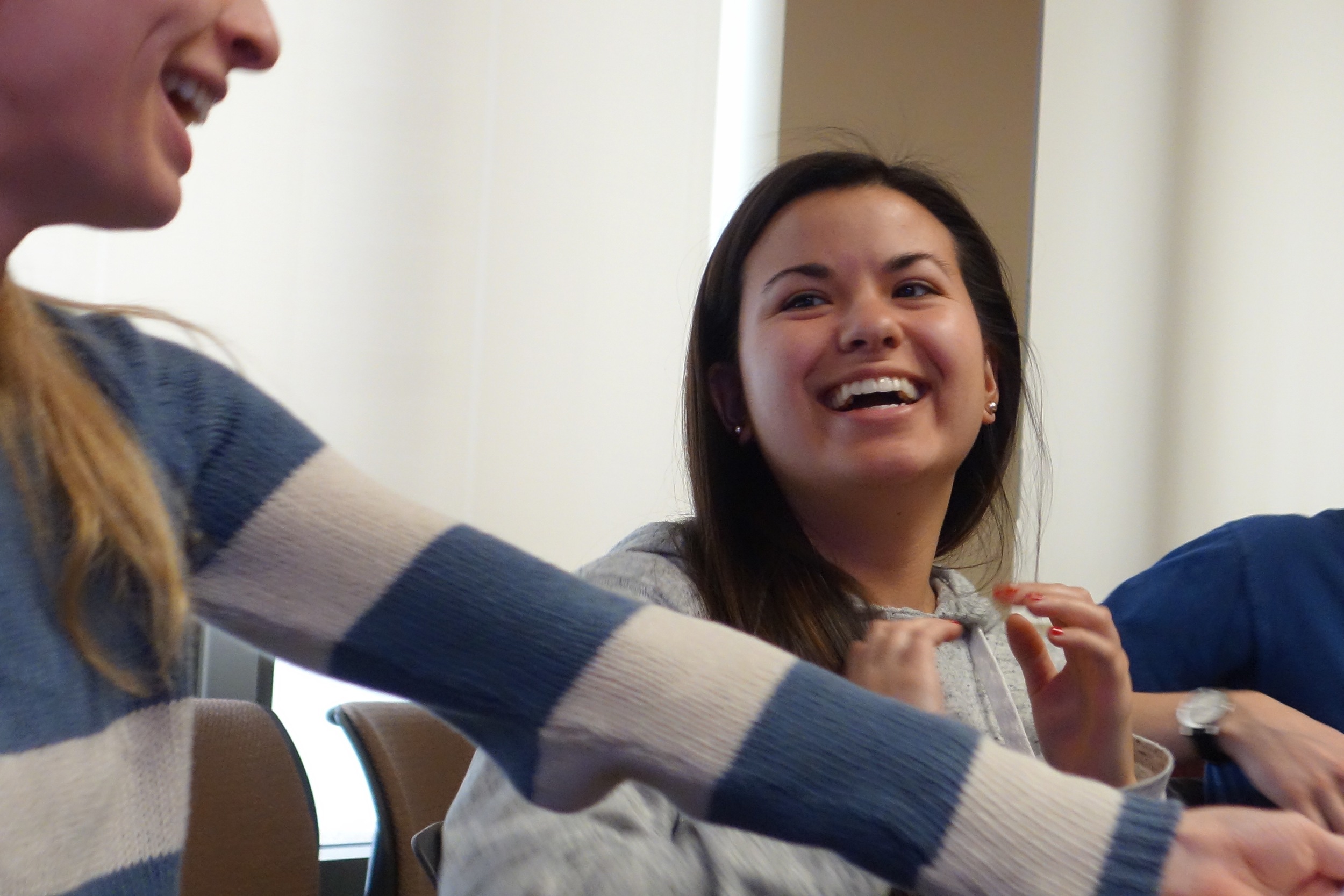
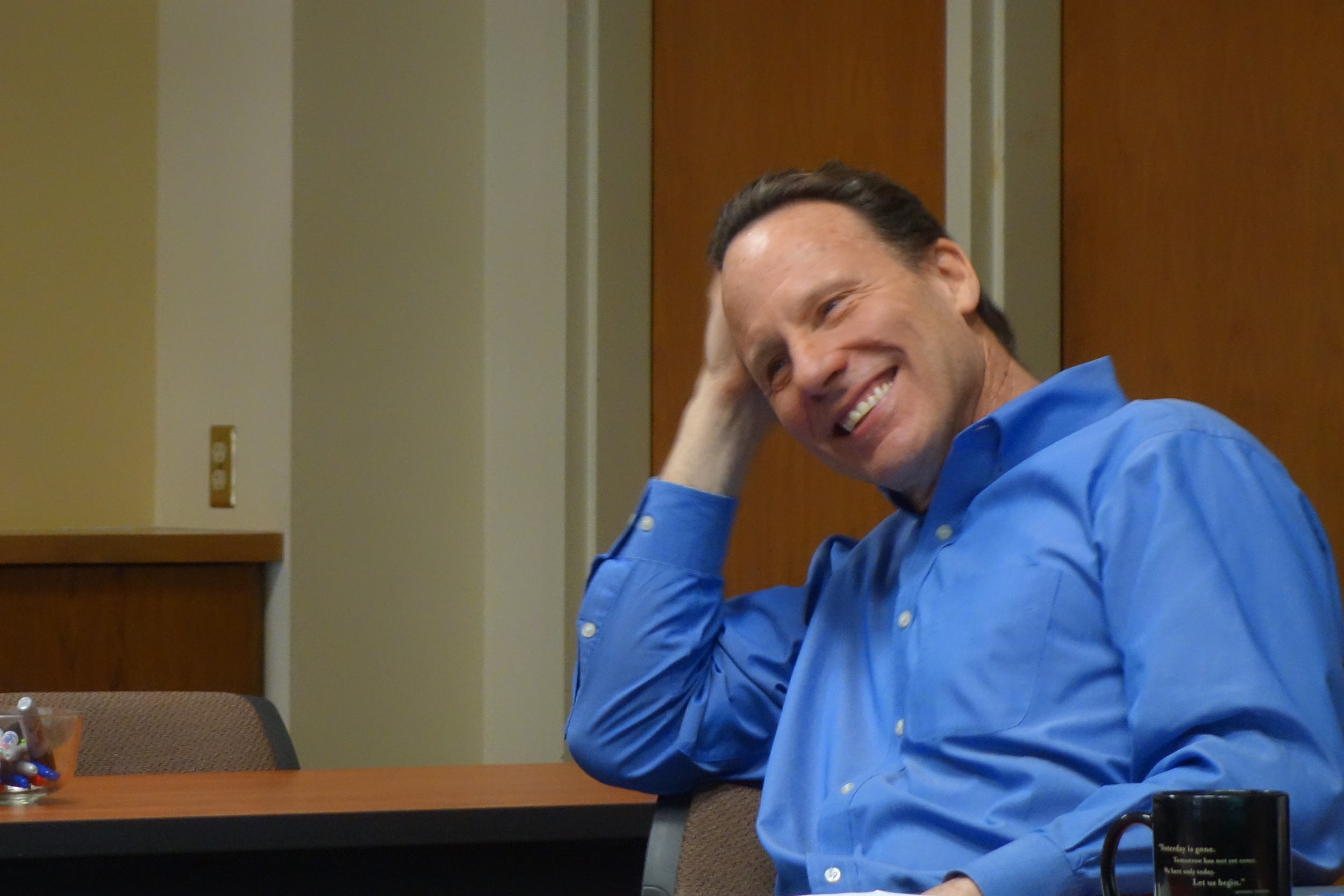
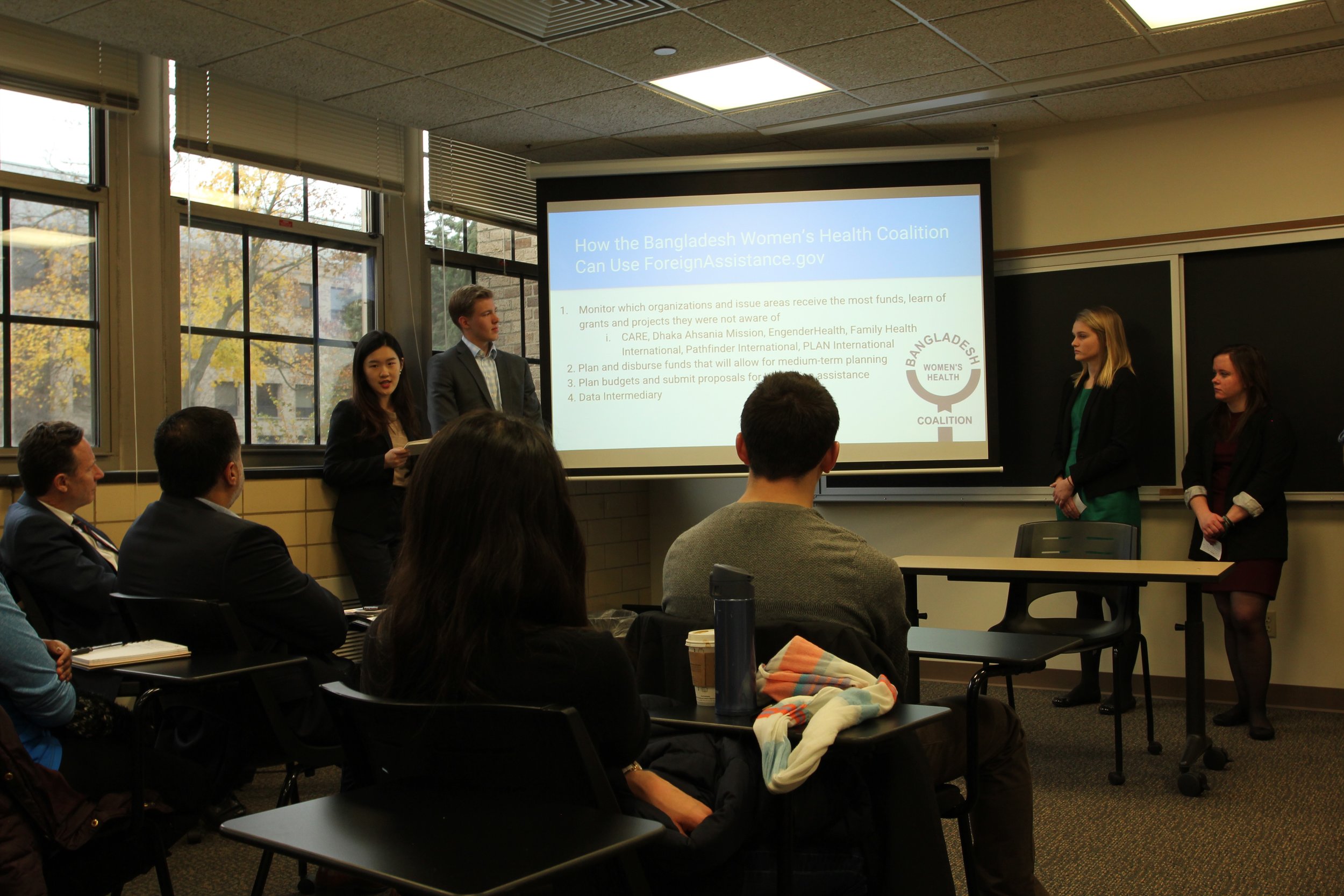
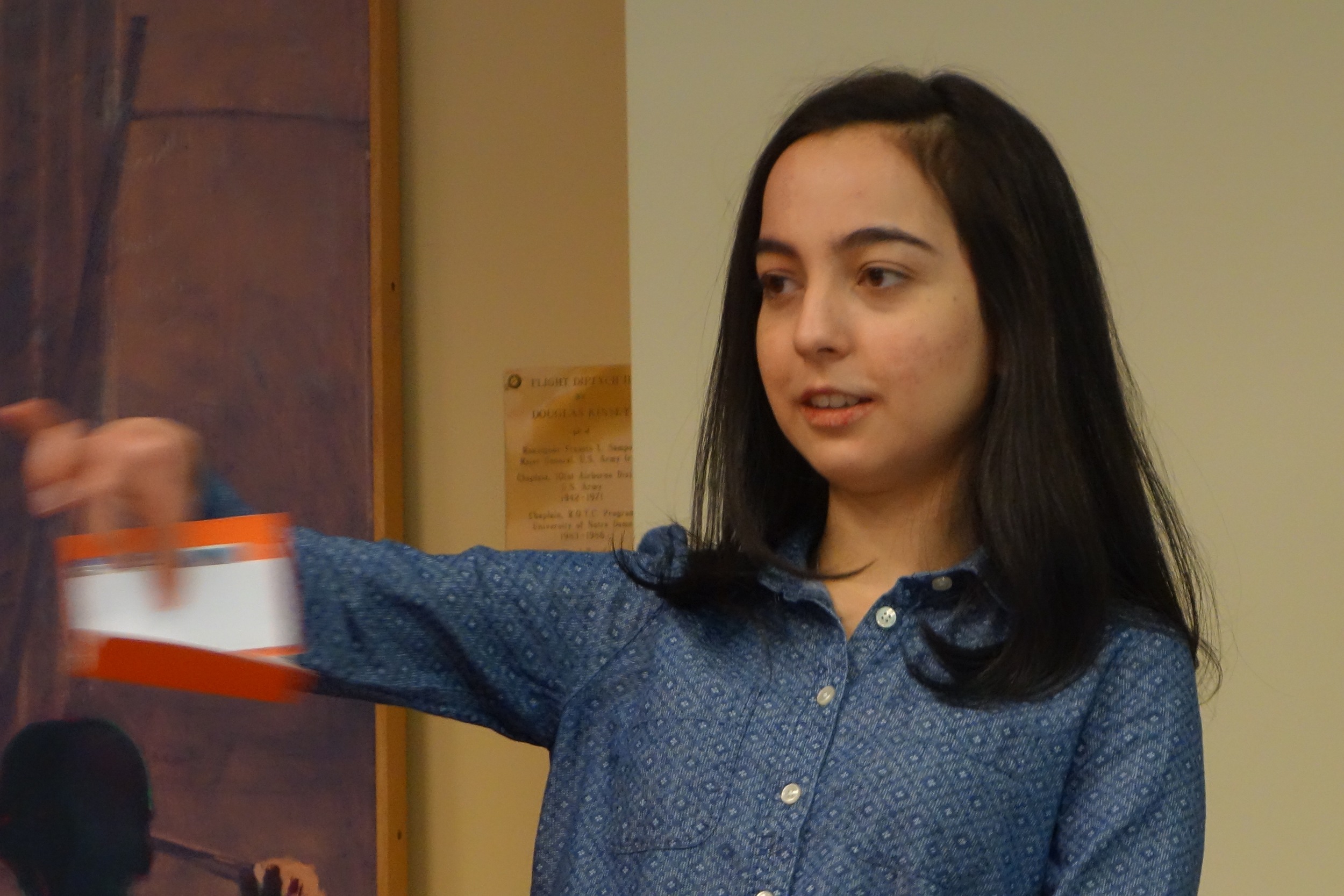
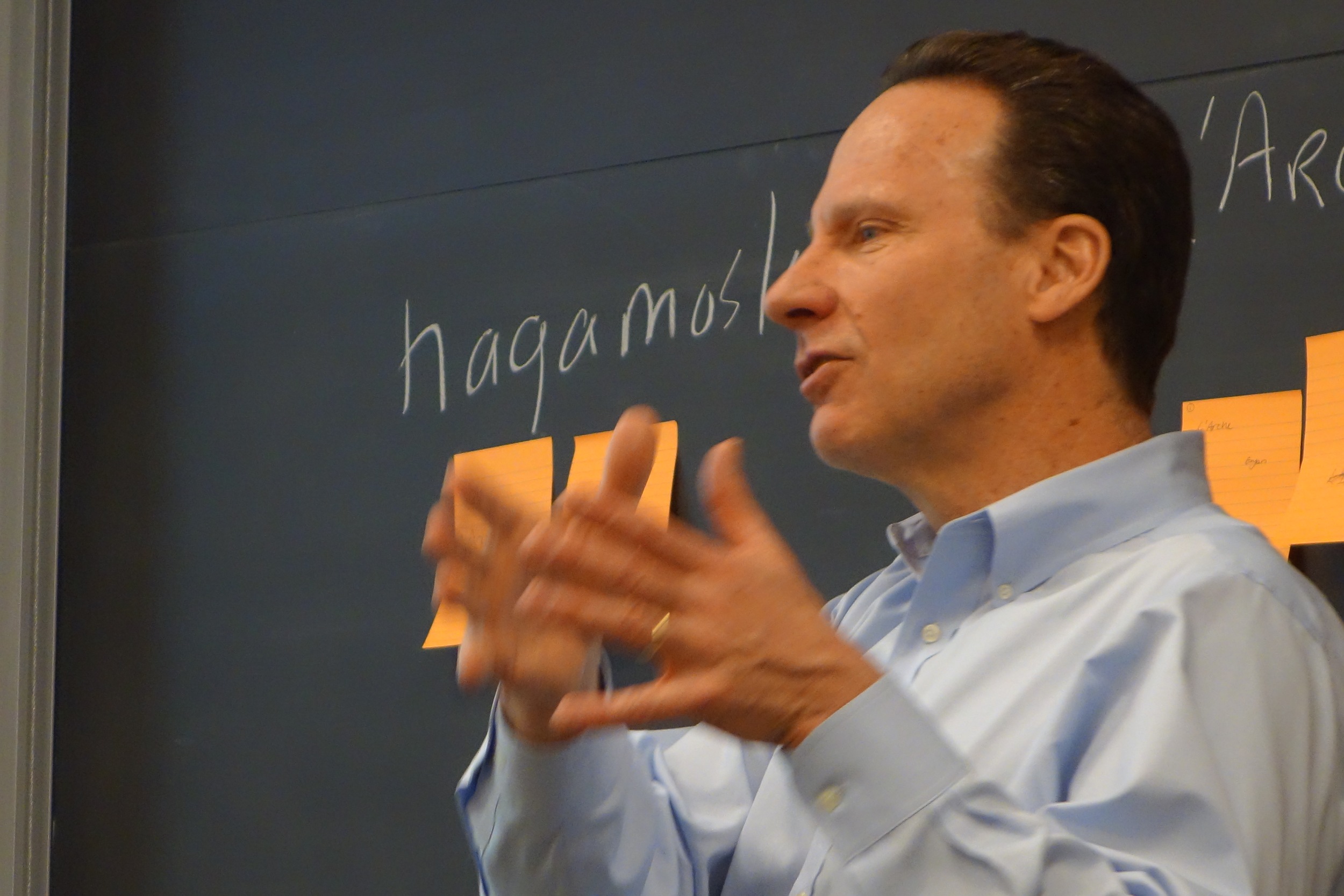
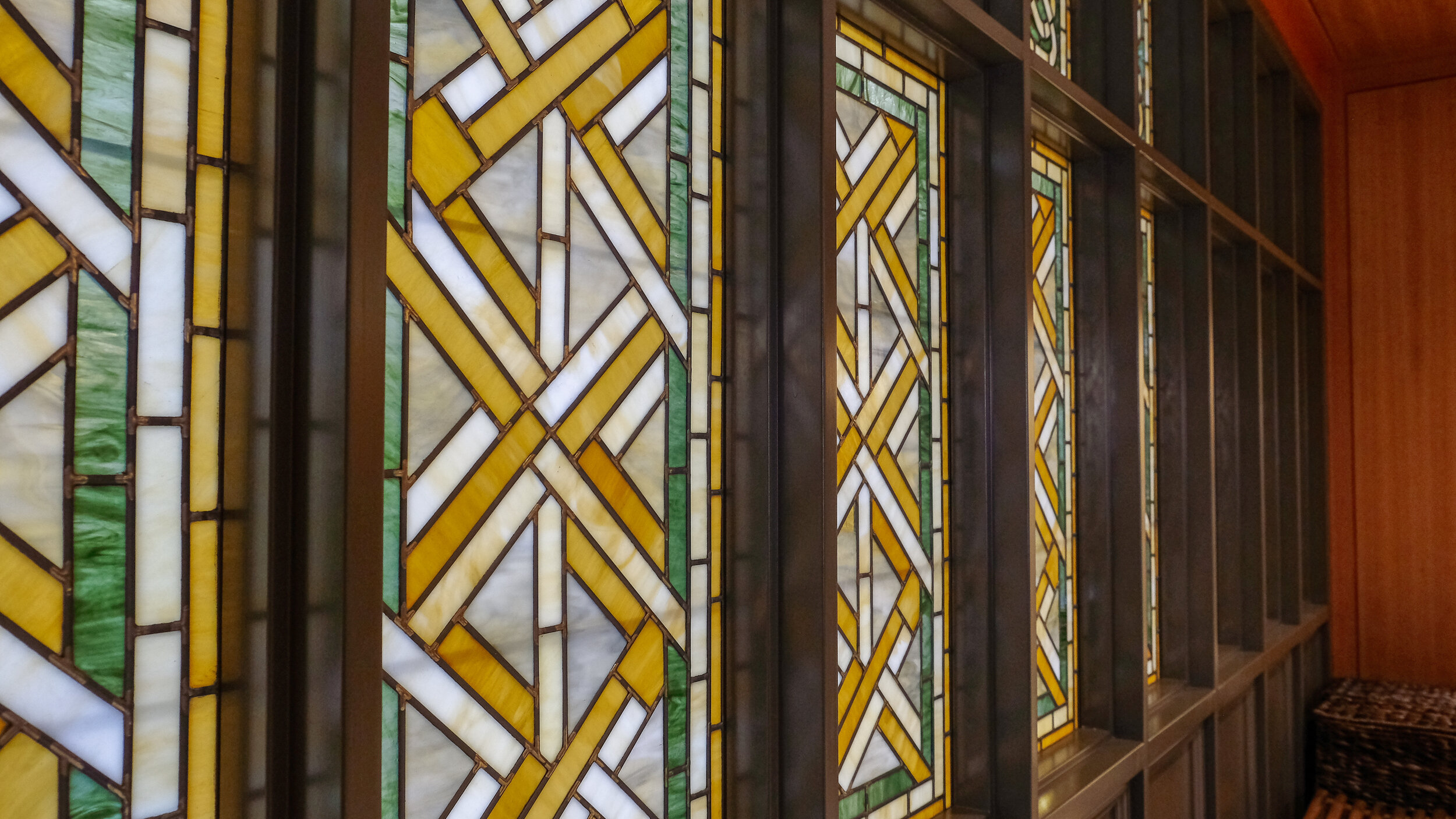
International Development in Practice I
International Development in Practice I: What Works in Development? (POLS 30595) aspires to develop relevant knowledge and practical skills for students interested in engaging in positive change in a complex world. In this course, students will:
Examine processes for understanding individual and societal change in an international context;
Explore the roles, complexities, opportunities and constraints of development projects in areas such as poverty reduction, social development, health and education; and,
Develop practical skills related to project design, planning, design thinking, management, negotiations, communications, and the evaluation of international development projects.
International Development in Practice II
The Advanced Topics and Applications—International Development and Design Thinking (POLS 30596) seminar builds on the knowledge and practical skills developed in POLS 30595, International Development in Practice I: What Works in Development? Students and I are co-creators of the course. In the first 30% of the course, each student will be part of a team to design one of the modules (2, 3 or 4). In the rest 70% of the course, students will lead one class session within the module while working in a Development Advisory Team with a real-world "client" organization to take learning into practice.
The Innovative Approaches to Development (POLS 30596 - IDS 30539 - CE 30710) seminar is a highly interactive class, where instructors and students will engage in creating and teaching a new course. This course will serve as a prototype for the first semester of the Integration Lab for Global Affairs, the first in a sequence of four Integration Lab courses in the Keough School of Global Affairs’ Master in Global Affairs. The class will create an innovative curricular space and ecosystem that connects theory and practice, integrating knowledge across different disciplines and professions.
spring 2014
The course focused on major development themes organized in three modules including
Measurement and evaluation,
Negotiation and the process of development, and
Implementation and strategy.
Spring 2016
Students and I learned about design thinking, and applying design thinking concepts to:
Course design,
International development challenges, and
Real-world problems and opportunities.
SPRING 2017
The course will focus on innovative and integrative approaches to address global challenges, through:
Co-Creating Personal & Collective Journeys;
Design Thinking & Futures Thinking;
Systems Thinking;
Negotiations; and
Implementation Science.
Spring 2018
The course is broken down into three main concepts:
Engaging with Design Thinking,
Drawing on Experiences,
Turning Theory into Practice

Development Advisory Teams
Development Advisory Teams
What is a Development Advisory Team (DAT)?
A major component of International Development in Practice classes revolves around the Development Advisory Teams (DATs). In groups of 3 to 5, students serve as consultants to international development organizations on a specific problem or opportunity. In 12 weeks, students are in regular communication with their clients and engage in research for “best practices.” At the end of the semester, students present their results to the class and offer concrete recommendations to their client organizations. The generosity of Notre Dame donors allow opportunities for students to apply for funds to travel and work with their organization in the field or present their final recommendations in person at an international site.
51 Organizations | 31 Countries | 106 Development Advisory Teams
“Spring 2025 Partners Denoted by Gold Drop Pins”
Spring 2025 Development Advisory Team Projects

Student Voices
For International Development in Practice II, past students serve as mentors for current students and they share with each other their learning.
Student Voices
For International Development in Practice II, past students serve as mentors for current students and they share with each other their learning.
The 13 students in the Spring 2018 class on International Development and Design Thinking explored the essentials of design thinking, connected these tools with real international development challenges, and taught their own class as well.
Each student wrote a blog post that explores some aspects of design thinking and/or international development process, reflects on the experience of teaching, or examines their experience working with a real-world development client.
Read More

About steve Reifenberg
About steve Reifenberg
Steve Reifenberg is the co-director of the Keough School's Integration Lab and faculty fellow of the Kellogg Institute for International Studies at the University of Notre Dame. Before coming to Notre Dame in February 2010, Steve worked for nearly two decades on international educational, negotiation and development issues at Harvard University. From 1996 to 2002, he served as the Executive Director of Harvard’s David Rockefeller Center for Latin American Studies (DRCLAS). In 2002, he established Harvard’s first-ever, university-wide office overseas in Santiago, Chile, an office that he directed for seven years. He was the former Program Director for Latin America of the Conflict Management Group (CMG) and served as the Director of the Edward S. Mason Program in Public Policy and Management, jointly administered by the Kennedy School of Government and the Harvard Institute for International Development.
Santiago’s Children
In the early 1980s, he lived and worked for two years at a small orphanage, Domingo Savio, in Santiago, Chile. He has written about his experiences in Santiago’s Children: What I Learned About Life Working at an Orphanage in Chile published by the University of Texas Press. He continues to be actively involved in Domingo Savio, and also serves on numerous non-profit boards in Chile and the U.S. that deal with innovation, education, and expanding opportunities for at-risk children.


